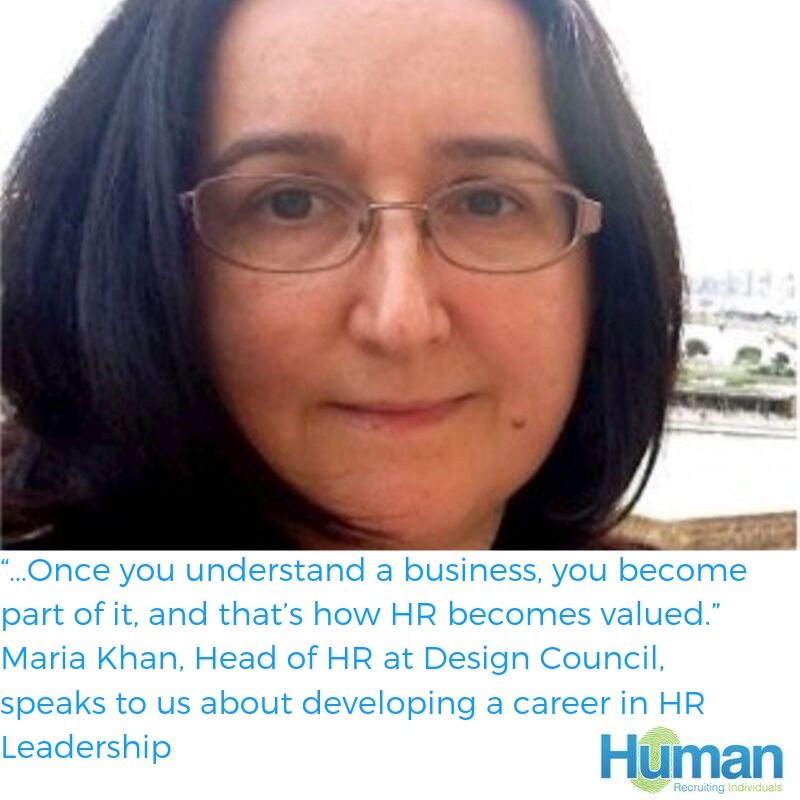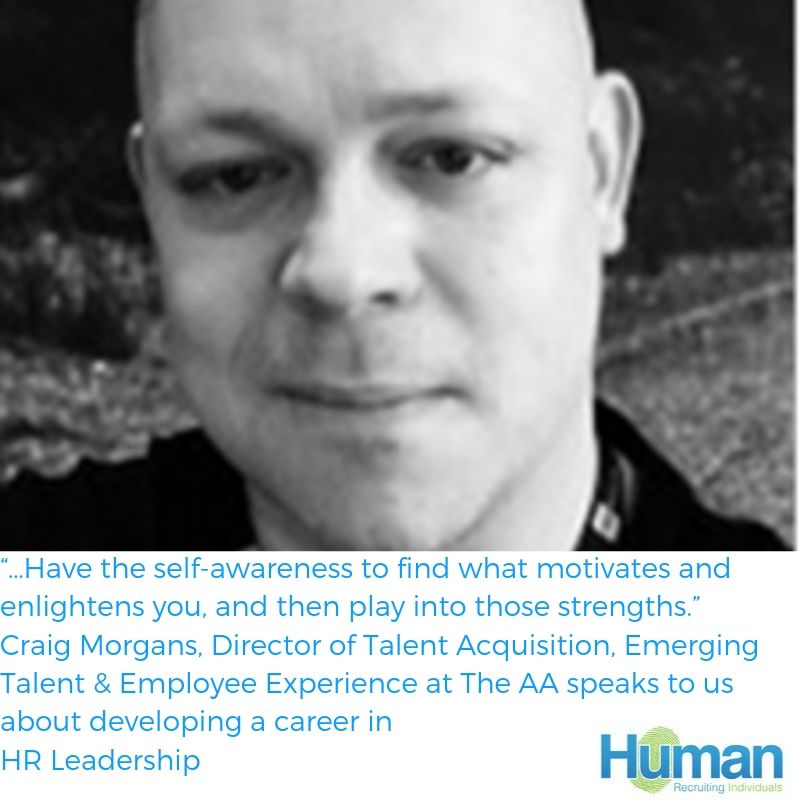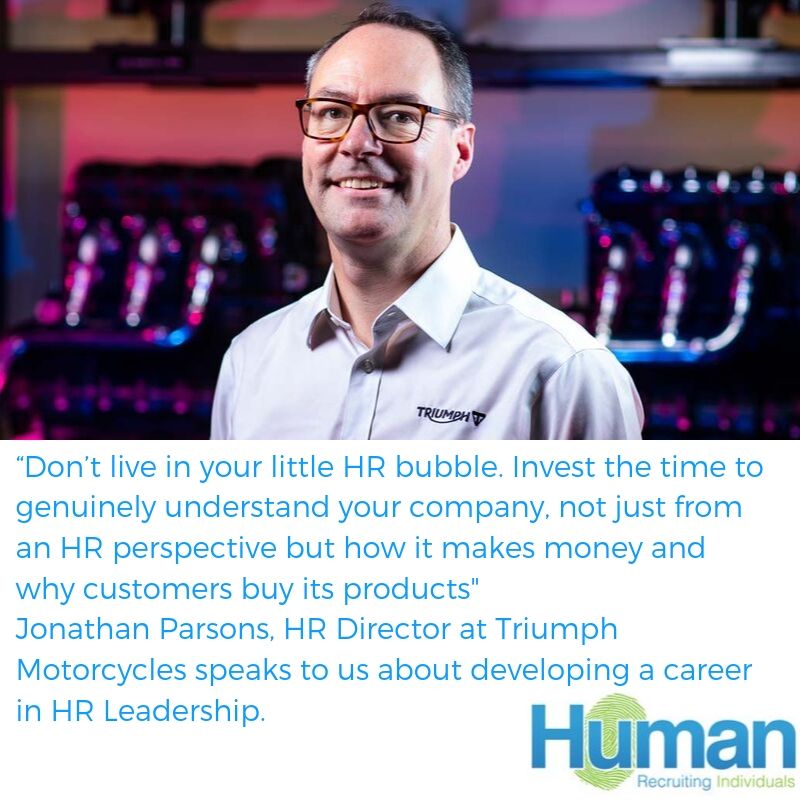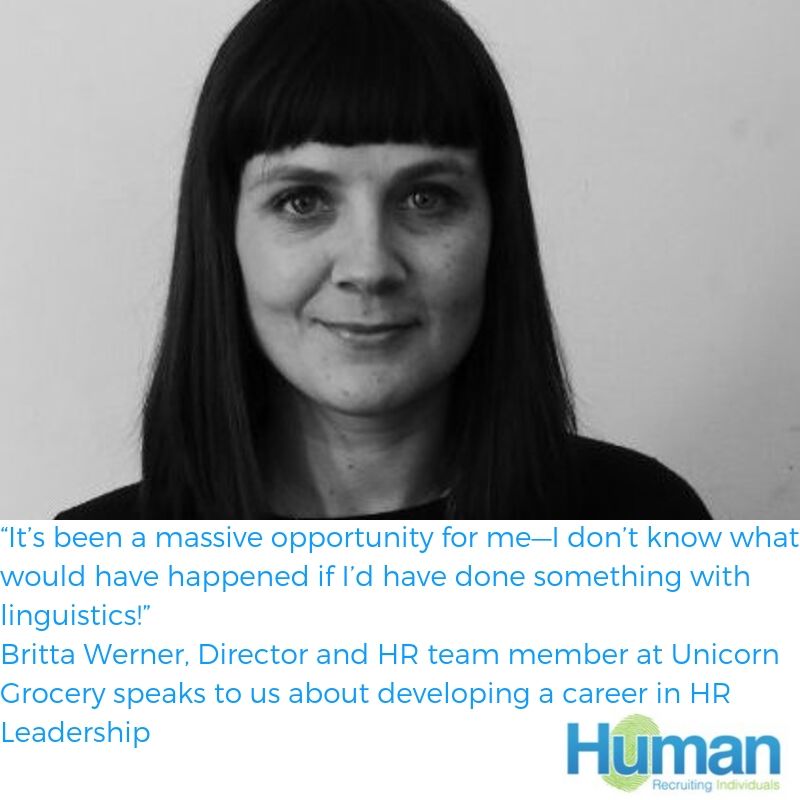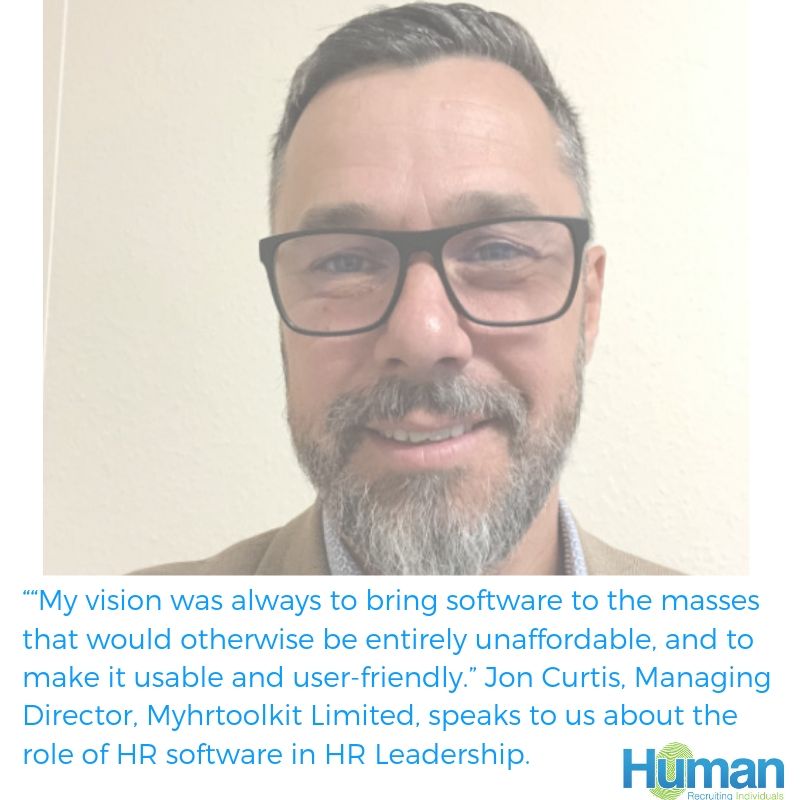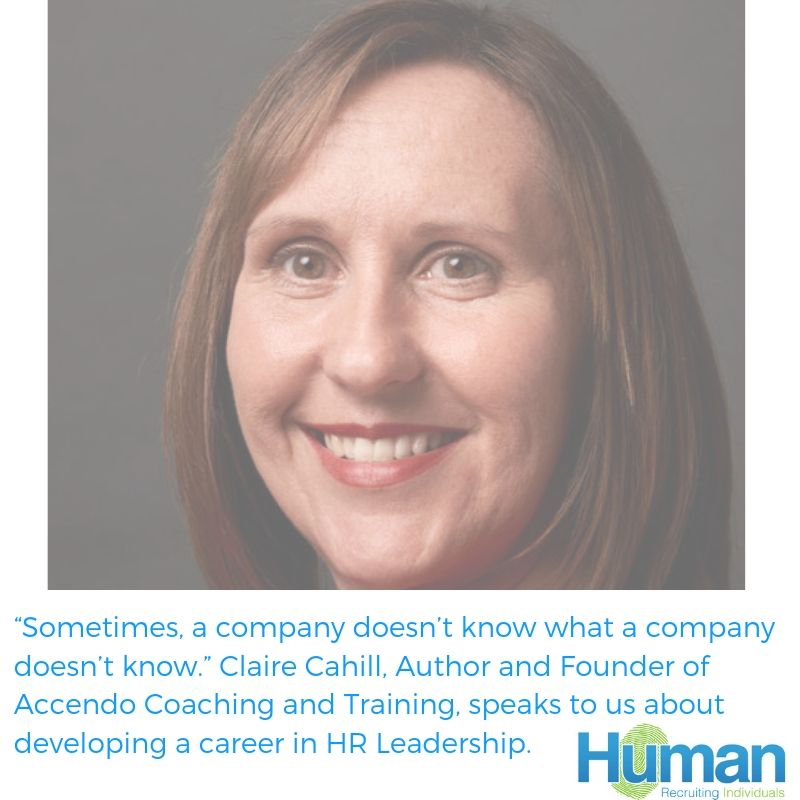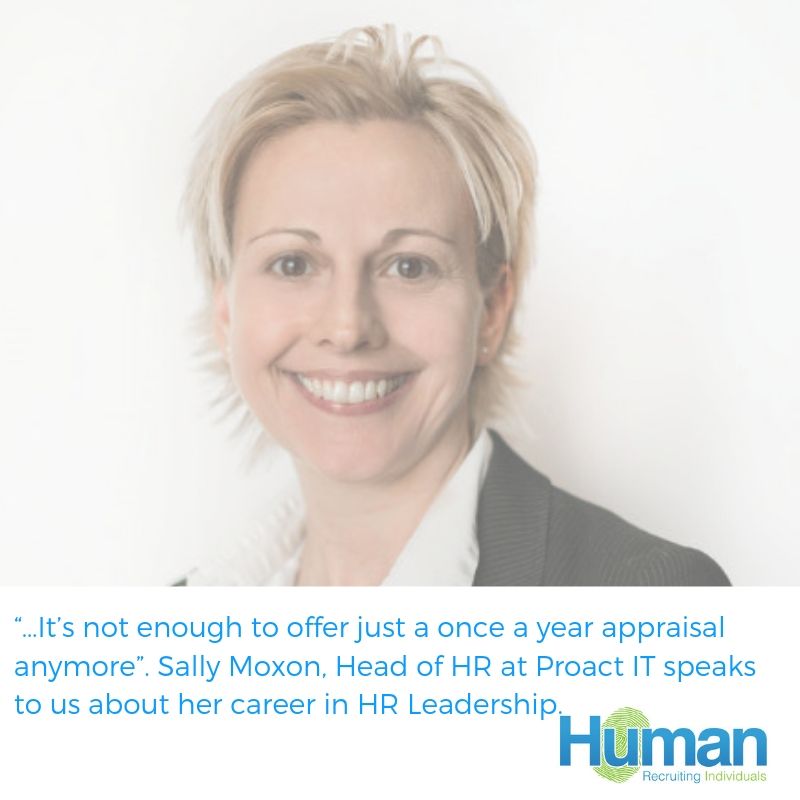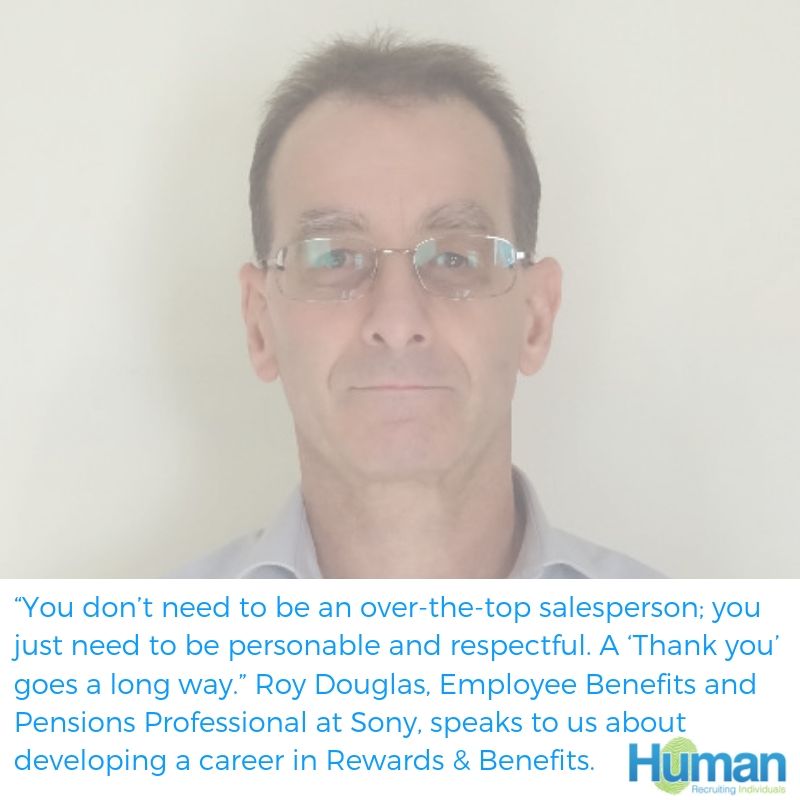“…Once you understand a business, you become part of it, and that’s how HR becomes valued.” – Maria Khan, Head of HR at Design Council, speaks to us about developing a career in HR Leadership.
“…Once you understand a business, you become part of it, and that’s how HR becomes valued.” – Maria Khan, Head of HR at Design Council, speaks to us about developing a career in HR Leadership. As part of our commitment to supporting candidates to develop fulfilling careers, we’ve invited some HR Leaders to share the secrets of their success. This week, we had a great conversation with Maria Khan at Design Council, who began her HR career as an HR Training Administrator at Harrods before moving to BSI to serve as an HR Officer. In 2004, she took on an HR Manager role at Transport for London, followed by a term at The Chartered Institute of Environmental Health, where she took on roles as HR Manager and Interim Head of HR. She moved to Design Council to assume her current role in 2017. Can you tell us how you got into HR and why? In my twenties, I was trying out different things, I was briefly a teacher, and I ended up one summer working at Harrods on the shop floor. I had various roles there, but I had a friend who worked in HR, and they told me that an HR Training Assistant role had become available. I was working in Export at the time, which was stressful, and I wasn’t really enjoying it, so I decided to go for it. My teaching background linked into the role, and I liked the idea of being able to experience different organisations within an HR career. Harrods was a brilliant experience. They really focus on customer service excellence, and the training they give their staff is second to none. They had a really strong policy on internal recruitment and promotions, and one of the reasons I stayed there for so long was because I had the opportunity to develop and experience different roles. One thing I took with me was the importance of career development and promotion within organisations. I then moved to BSI, which was my first time in a not-for-profit organisation, and I liked that it was a value-led organisation. I received a really good grounding in HR , and they invested in me as I took my first steps towards my HR qualification. I went on to Transport for London (TfL). TfL was different and I liked the energy of working in an operationally demanding environment. The environment was like nothing else I’d ever worked in. I experienced working as part of a first class HR team, where best practice was key. One of the challenges was that HR could be seen as an emergency service called upon to resolve issues when they had escalated, but the key for overcoming that was to make sure I went out on a regular basis to meet managers at the depots and to align my work to the way the depot worked, and basically become part of day to day operations.. I then went to The Chartered Institute of Environmental Health (CIEH), which was another not-for-profit organisation. It was a lot smaller than previous organisations I had worked in, but I liked the change. While I was there, the Head of HR went on adoption leave, so I stepped up to take over fairly quickly. I’ve been very lucky to work for amazing female bosses who were great change leaders and weren’t frightened to make tough decisions. Anne Godfrey, Chief Executive of the CIEH was certainly a role model during my time there and I still apply what I learnt by working with her. I now work for Design Council – the government’s advisor on design. Design Council champions the power of design to tackle the biggest challenges of our time and bring about real, positive change in people’s lives. I was really excited about joining as it was a totally new field for me. Putting people at the heart of all that we do – being inclusive – is a core component of our work to support organisations develop places, processes and products that work for everyone. Our Chief Executive, Sarah Weir, is passionate about equality, diversity and inclusion in the design industry, and working for someone with that mindset has been very rewarding. One of the first things we did was work together to diversify our Board of Trustees, which is now 50% women. It’s a real achievement in a sector where 78% of the UK’s designer workforce are male. Can you tell me about the challenges that you’re seeing across the HR sector? I think there’s still a role to play in the gender pay gap. HR advise on pay, recruitment, and promotions, so steps towards reducing that gap through raising awareness and giving the appropriate advice need to be HR-led. Speaking as an ethnic minority woman, I think another challenge we face is that we still need to see women from ethnic minorities in senior roles. One way of addressing that is by encouraging that from within organisations and looking at the ways an organisation, recruits, develops and promotes its staff. What career advice would you offer to someone either working towards a career like yours, or someone just getting started in their HR career? Get to know and understand the business in which you’re working. The HR technical knowledge you’ll get as part of your studies, but understand how a business works; what its objectives are, what direction it wants to go in, and the pinch points where things might not be going so well. Be visible, contribute to conversations around how the business is doing. The HR bit will come, but once you understand a business and contribute to it, you become part of it, and that’s how HR becomes valued.

